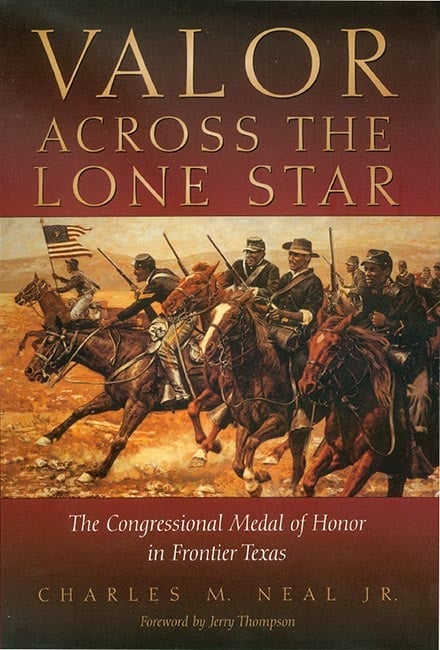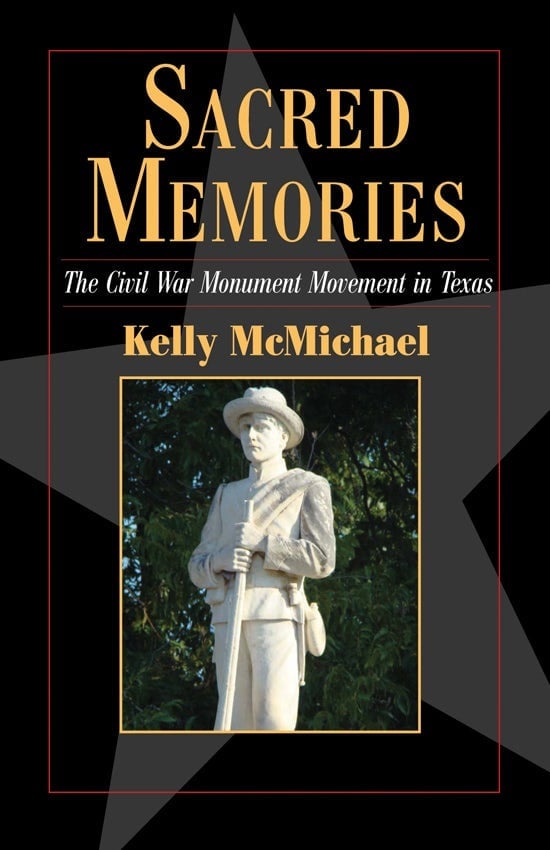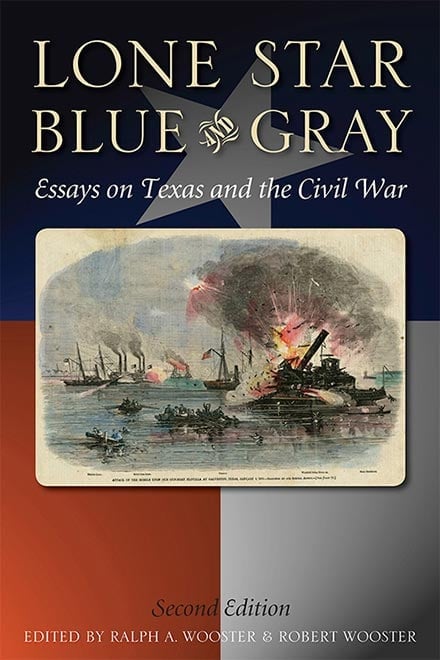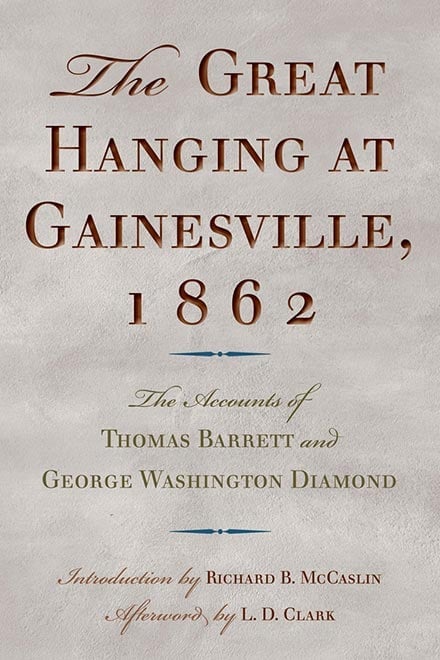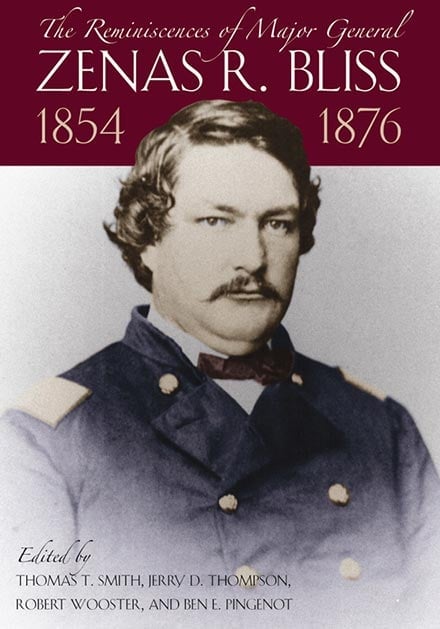Cullen Montgomery Baker: The Infamous Desperado of the Civil War Era (ca. 1835–1869)
By: Barry A. Crouch
Published: 1952
Updated: November 1, 1994

Cullen Montgomery Baker, infamous desperado and guerilla, the son of John and Elizabeth Baker, was born in Weakley County, Tennessee, probably on June 22, 1835. The family moved to Texas in 1839 and eventually settled in Cass County, where John received a land grant of 640 acres from the Texas Congress. Cullen soon became a hard drinker, quarrelsome and mean-spirited. He temporarily ceased his dissipated ways and married Mary Jane Petty on January 11, 1854, but nine months later he killed his first man. In the years before the outbreak of the Civil War he spent considerable time at the farm of his mother's brother, Thomas Young, in Perry County, Arkansas. After Mary Jane died on July 2, 1860, and Baker had murdered another man, he returned to Texas. By now the war had begun.

Baker joined Company G, Morgan's Regimental Cavalry, on November 4, 1861, at Jefferson. His name is on the muster roll for September-October 1862, and he received pay through August 31, but he is designated a deserter on January 10, 1863. On February 22, 1862, he joined Company I of the Fifteenth Texas Cavalry at Linden. He is listed on the muster roll from February 1862 to February 1863; after "August 1862" beside his name is written, "left sick on the Arkansas River." After his service he was paid $252.80 and discharged due to disability. He married Martha Foster on July 1, 1862. His activities until the war's end are surrounded by numerous legends. Some believe he led a band of Arkansas guerrillas that preyed upon everybody, regardless of wartime sympathies, although there is no evidence for this. When peace returned, Baker and his wife briefly settled in Cass County, where Baker attempted to earn a living in the ferry business. Martha died on March 1, 1866, and, by most accounts, her death deeply depressed Baker; nevertheless, he proposed to her sister, Belle Foster, two months later.
But Belle married Thomas Orr, a schoolteacher and later a prominent community activist and politician, and he and Baker became bitter enemies. Somewhat later, the Union Army and the Freedmen's Bureau came to the area, and Baker focused his attention upon harassing and killing employees of the bureau and their clients. In December 1867 Baker also wrought havoc upon Howell Smith's family because of their alleged "unorthodox" relations with the black laborers they employed. He was wounded, but the local citizenry and the army failed to capture him. Baker returned to the Reconstruction scene again in mid-1868 as the leader of various outcasts and killers. He and his group are credited with murdering two Freedmen's Bureau agents, one in Texas and another in Arkansas, and numerous black men and women, all the time eluding the army.
When his gang disbanded in December 1868, Baker returned to his home in Cass County. There a small group of neighbors led by Orr, whom Baker had earlier attempted to hang, killed him and a companion on January 6, 1869. Legend has it that the whiskey Baker drank was laced with strychnine. Orr collected some of the reward offered for Baker. Baker may have had links with the Ku Klux Klan. Although he began his killing long before that organization appeared, he abetted the Klan's rise to prominence. As an obstacle to federal Reconstruction, he became notorious in the Southwest and even drew the notice of the New York Tribune. He received the nickname "Swamp Fox of the Sulphur" because of the area where he grew to manhood. Although he was not the legendary quick-draw artist some have maintained, writers have made much of Baker's prowess with a six-gun, his harassment of the United States Army, and his defense of "Southern honor" during and after the Civil War. Others see him as a mean, spiteful, alcoholic murderer. Louis L'Amour memorialized Baker in his novel The First Fast Draw.
Bibliography:
Categories:
Time Periods:
Places:
The following, adapted from the Chicago Manual of Style, 15th edition, is the preferred citation for this entry.
Barry A. Crouch, “Baker, Cullen Montgomery,” Handbook of Texas Online, accessed June 15, 2025, https://www.tshaonline.org/handbook/entries/baker-cullen-montgomery.
Published by the Texas State Historical Association.
TID:
FBA23
- 1952
- November 1, 1994
This entry belongs to the following special projects:





